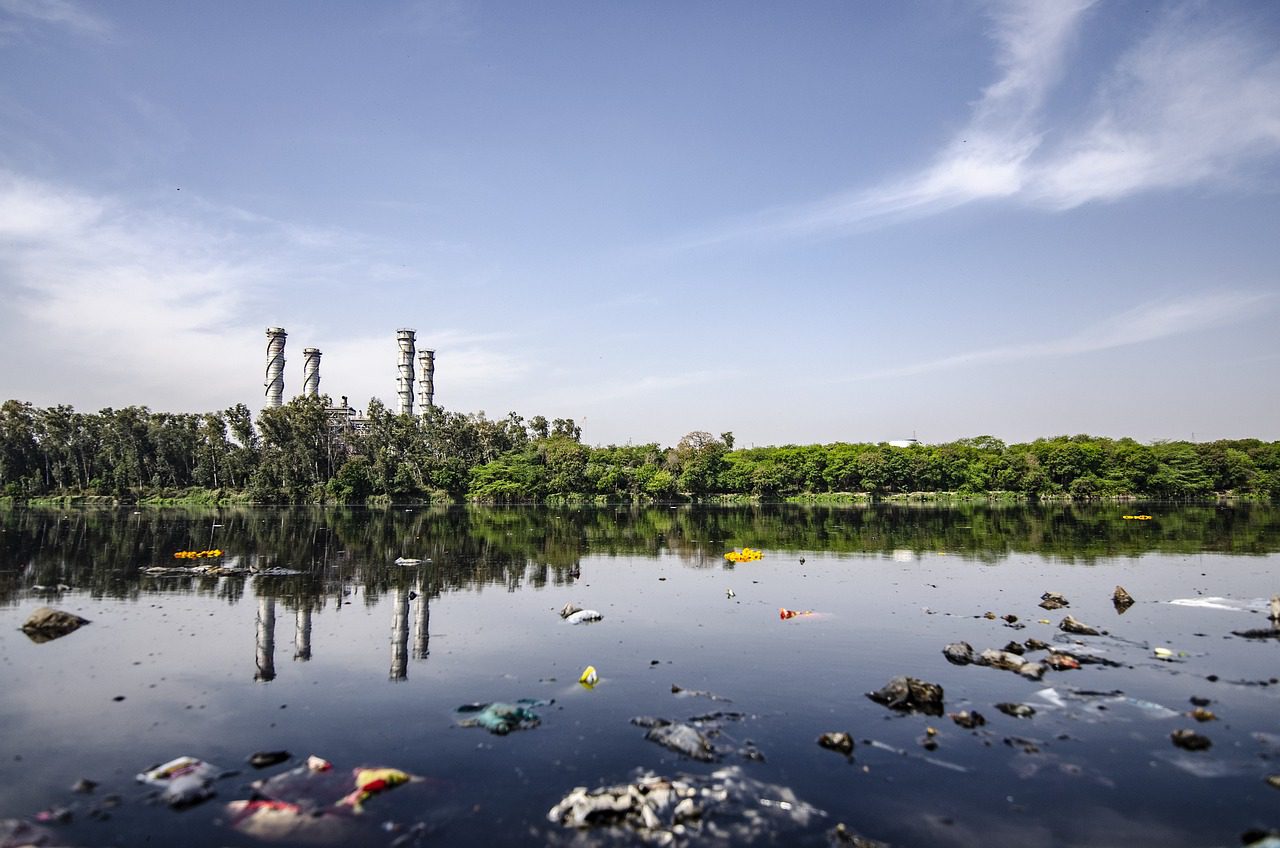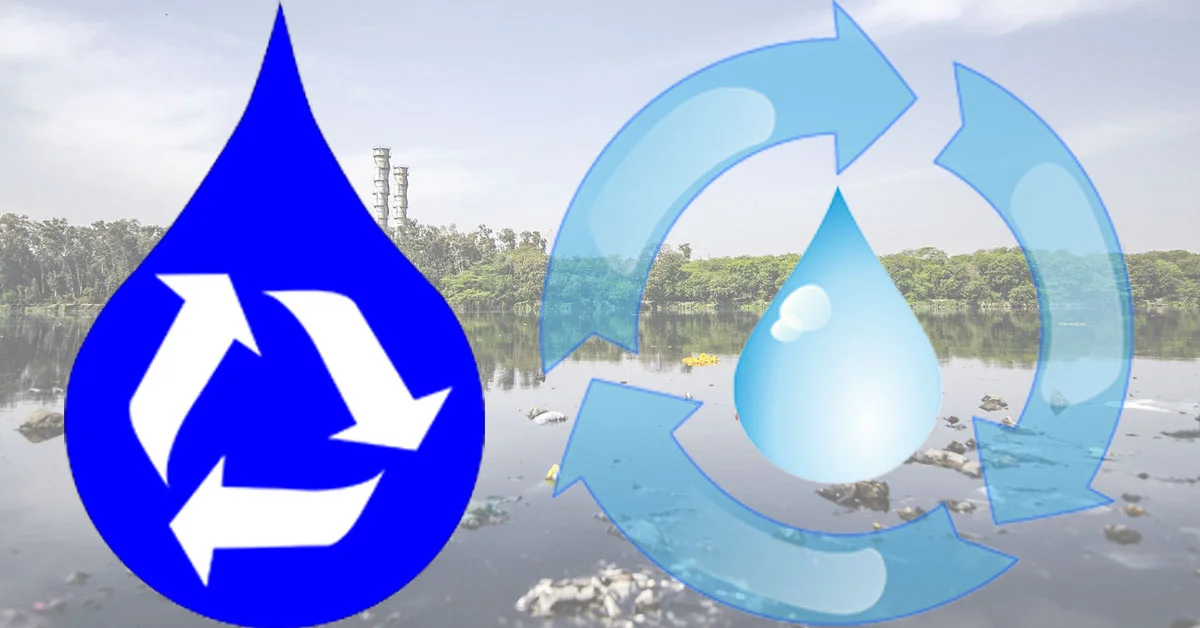Human Impacts on Freshwater Supply Globally
it is very important to do proper treatment of waste water. An increase in the urban lifestyle is being observed worldwide, and now over half of the world’s population is urbanized. As per this trend, by 2050, the world urban population will rise to 66%, according to the United Nations Prospects. These prospects estimate that the continuing population growth and migration towards cities will add another 2.5 billion people to the global urban population by 2050.
Most of this population increase is expected in Asia and Africa. The causes and effects of urbanization are significant and multiple. Cities are considered the primary hubs for economic and social activities and opportunities but on the other hand putting strain on the finite resources such as freshwater.

Water Scarcity in Pakistan
Previously, Pakistan was regarded as a nation with an abundance of water resources. However, due to a growing population and heightened demands on environmental services, it is now categorized as a region facing water scarcity. The supply of freshwater has significantly diminished, particularly in major cities, presenting numerous challenges for urban residents. This water shortage also has repercussions for hydroelectric power generation, the irrigation systems in Punjab and Sindh, the cultivation of cash crops, and various other aspects.
The per capita fresh water supply in Pakistan declined from 1,299 m3 in 1996-1997 to 1,100 m3 in 2006. This trajectory is expected to continue, and by the conclusion of 2025, the per capita availability of freshwater is projected to decrease further to 700 m3.
Pakistan is a country with highest urbanization rate in the entire south Asian region. It is a country home to over a population of over 225.2 million people and a rapidly urbanizing country with drastic impacts on the availability of water, sanitation networks, living standards, environmental health and overall urban wellbeing. Annual per capita water availability in is slightly above the internationally recognized scarcity level of 1000 cubic meter. The projection for 2015 is 900 cubic meter per annum. In addition, discharge of untreated wastewater into fresh water bodies is polluting this already squeezing resource.
With drastically decreasing water resources in the country there is an urgency to find new methods of water conservation in the country. Furthermore, the search for other innovative and non-conventional water resources for irrigation and horticulture is need of the hour and of prime importance. The most promising resource can be waste water utilization in this regard. The practice of discharge of domestic, commercial and industrial wastewater directly to sewer system, natural drain, water body, nearby fields, agricultural areas and internal septic tanks is one of the most imminent challenges.
This waste water is not treated and none of the major cities of the country have an operational biological treatment process except Karachi and Islamabad. Even in these cities despite having treatment systems only a very minute proportion of their wastewater gets treated before final disposal.
The wastewater especially arising from domestic sources is highly valued by farmers in the country due to high content of nutrients, reliable and consistent supply. This wastewater is believed to have positive impacts on agriculture land values, households, employment opportunities and monthly income due to the reuse of wastewater.
In spite of registering all the repercussions of wastewater irrigation on the soil profile, chemical and physical properties of soil the benefits waste water recycling cannot go unnoticed. There are implications of the usage of wastewater on the human food supply and subsequent contamination of human food chain and community health risks.
It is a common practice among the farming communities in water scarce areas to utilize wastewater in agricultural practices. Untreated wastewater is used in almost 11% of the total cultivated land worldwide. Treatment of domestic wastewater of resident of cities at one station can be around 4000 gallons per day. By treating their wastewater and its use treated water for agriculture and horticulture can provide promising results. It has a potential to irrigate acres of land without extraction of any fresh water.
This model can sustain for longer period and fulfill requirements of population and enhance the benefits for the community in future. The treatment helps to restore the ecosystem and self-sustain with adding primary construction, operational and management costs.

Prospects of Waste water Recycling in Pakistan
Research on these aspects related to the utilization of wastewater in Pakistan is very limited. Consequently, reliable information sources are also less in this context leaving behind a large proportion of the society unaware of the health risks. In Pakistan there is currently no or very less work done on these aspects and there seems to be no national policy in effect of sustainable use of wastewater.
Problems and environmental risks associated with improper disposal of wastewater tend to arise from irregular and distortions in the economy-wide policies, institutional failure, lack of research facilities and targeted environmental policies. However, there are laws and regulations formulated for the treatment and disposal of waste water but their implementation due to financial constraints and lack of resources and friendly technologies, and skilled manpower.
All these factors pose a real issue in achieving sustainable targets in wastewater treatment and recycling in the country. The recycling of wastewater, is limited, and can be handled well, with some incentives like tax rebates, and enforcement. Water Care Services, uses natural ways, with “No Sludge”, working on it saving fresh water and recycling with minimal opex as low as PKR 5 per m3.
Wastewater recycling involves treating used water to remove impurities, making it suitable for reuse. Rainwater recycling captures and stores rain for various purposes, conserving freshwater resources. Forests play a crucial role in combating climate change by absorbing carbon dioxide and providing oxygen. They also mitigate climate impacts by regulating temperature, preserving biodiversity, and preventing soil erosion.

